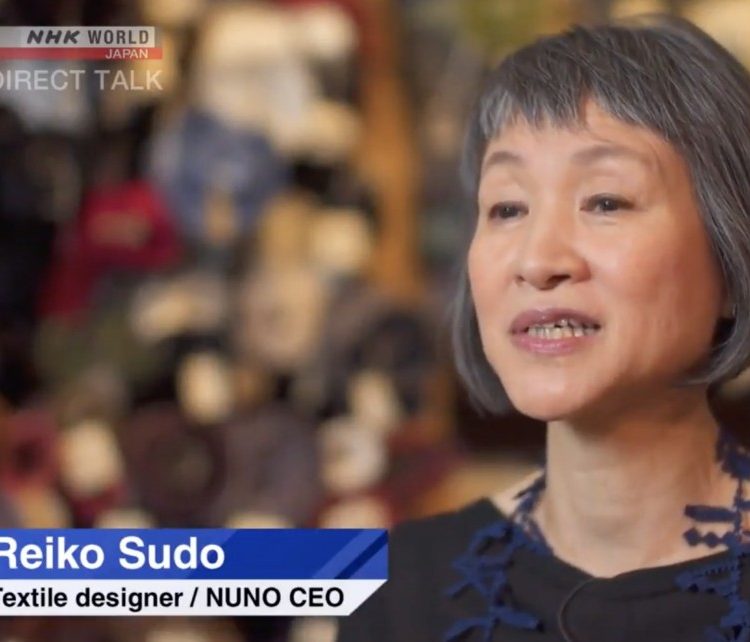

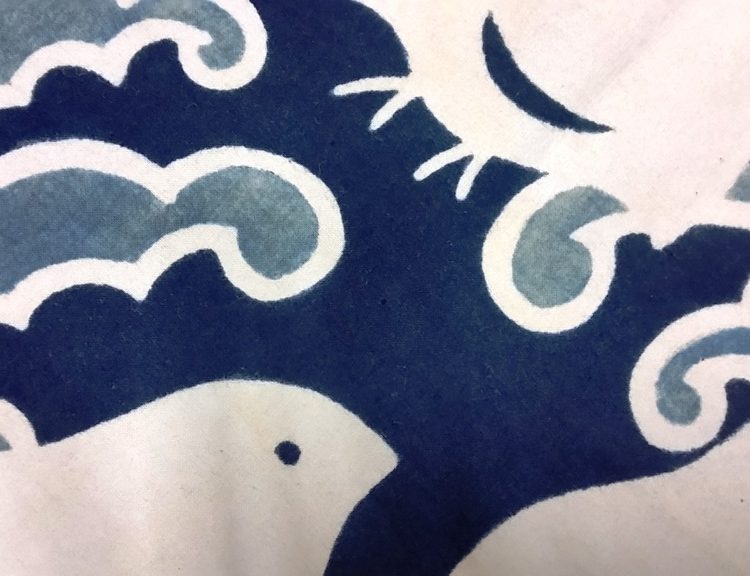
Text and Photos by Alice Gordenker Masao Nagata of Nagata Indigo Dyeing Works (長田染工場) in Izumo, Shimane demonstrates their hands-on dyeing process done just as in the olden days before mechanization. First, he moistens the cloth before lowering it into a high-alkaline dye bath of fermented indigo and lye. Indigo appears green when lifted from…

by Amy Katoh After 43 years of Blue & White, my eyes only see BLUE. And it may well be that BLUE is taking over the color spectrum. From the skies, to the rivers to the bridges, and even the netting that surrounds them under repair, BLUE is the reigning color The autumn skies in…

NUNO Textile Design Studio presents “suke suke” fabrics, by weaving sliced strips of metal with conventional yarns to create a shimmery mirage. Japanese Weavers have traditionally used metallic foils in brocade obi sashes and other formal wear. Thin sheets of gold and silver were affixed to washi handmade paper with sulphur or lacquer, then cut into lomg slender…
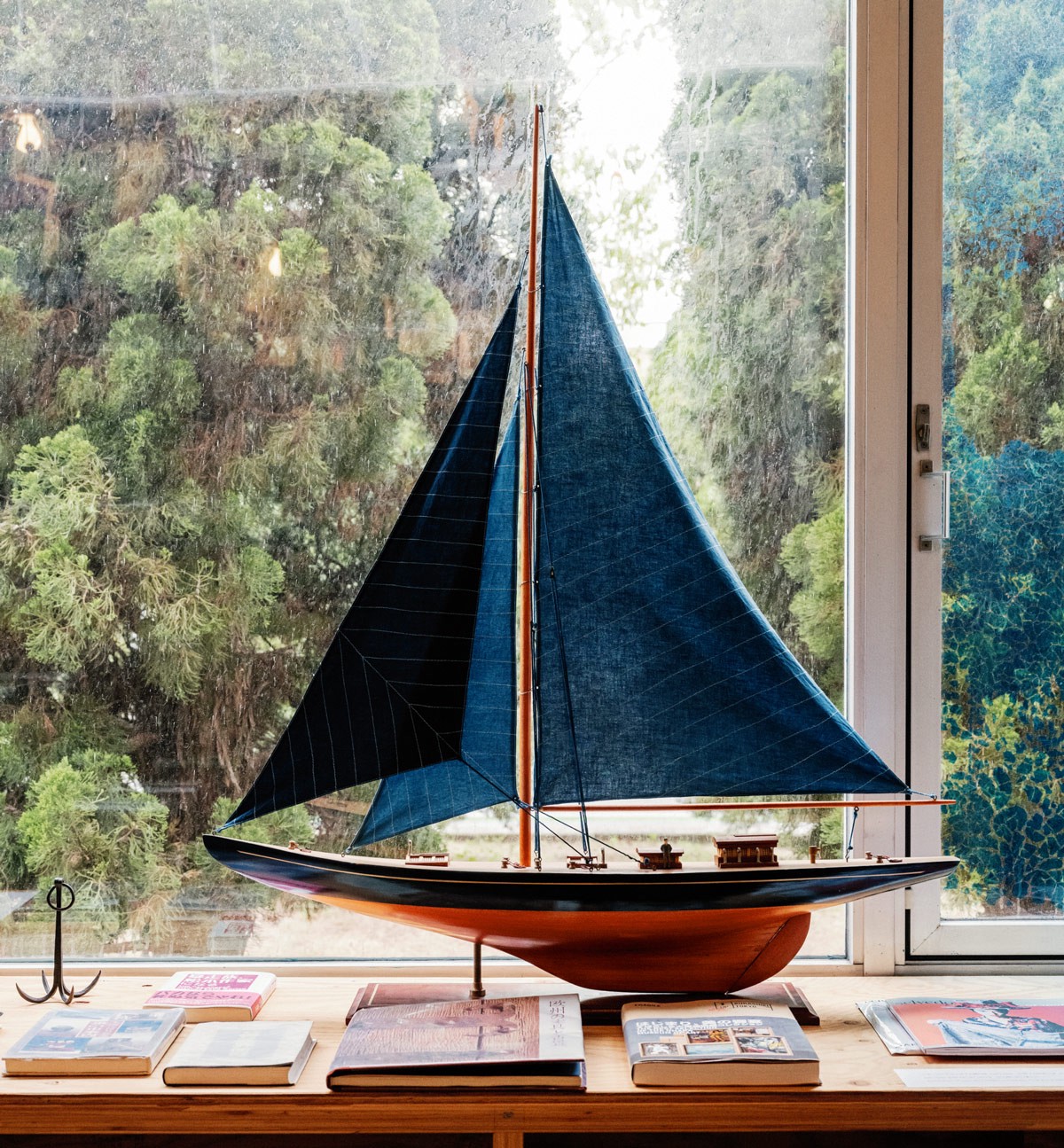
Buaisou Indigo by Matt Gross from AirBnB Magazine. Introduction by Mora Chartrand Main Article: Buaisou Indigo from AirBnB magazine, written by Matt Gross If there is one color that epitomizes Japan for me, it is indigo — deep, mystical, midnight blue. The oldest evidence tells us that indigo dyeing first appeared in Japan in the…
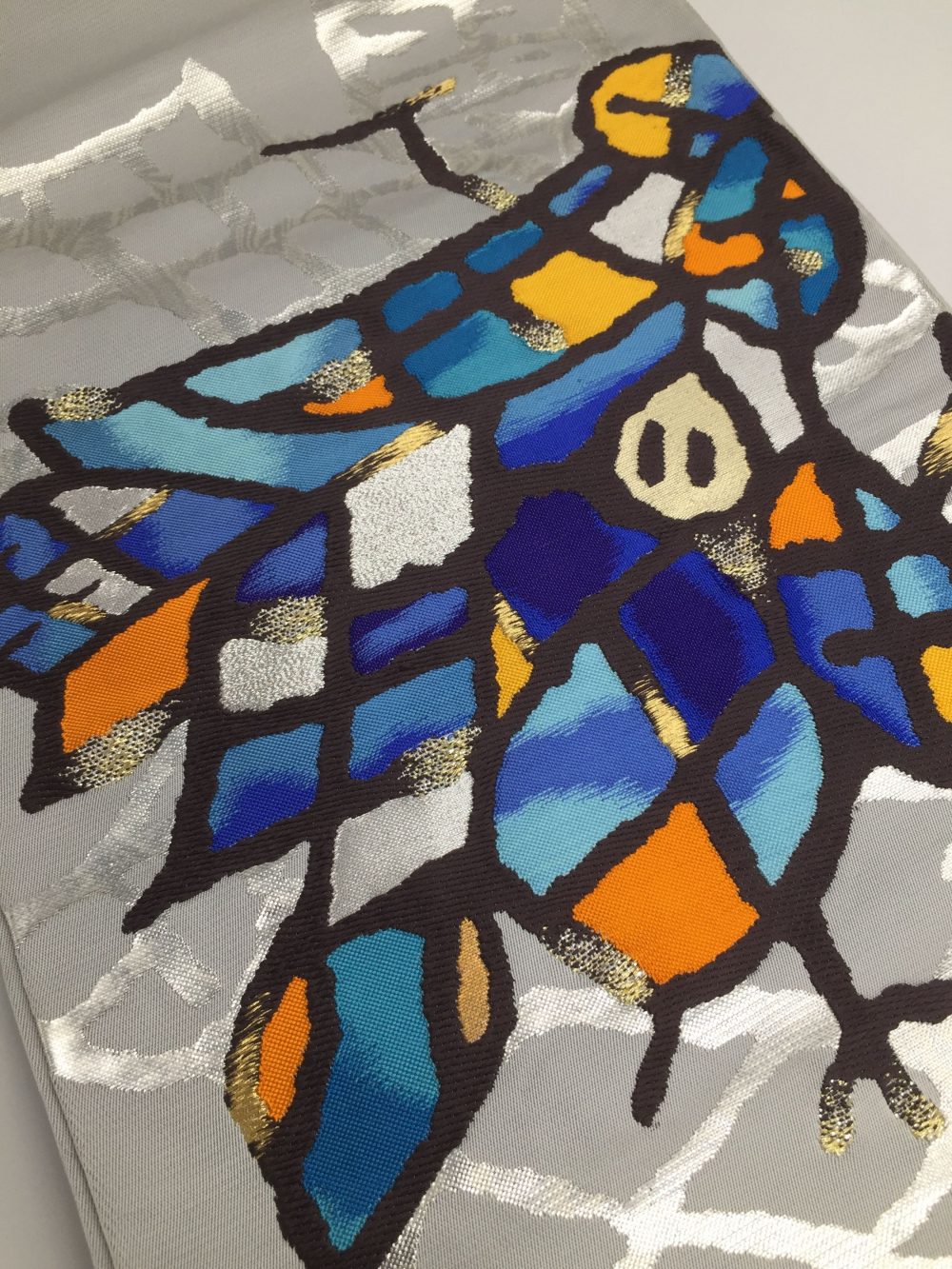
by Amane Tatsumura, As a child, I used to play in a workshop where some of the world’s most talented weavers sat at wooden looms and created masterpieces. Today, I am a 4th generation weaver in Kyoto. I design and weave one-of-a-kind art pieces. Instead of paints and brushes, I have chosen to make original…
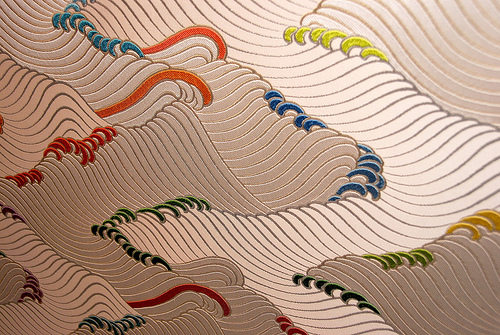
Koho Tatsumura Nishiki Weaving for the 21st Century. Japanese weaving is so intricate and thus so stunningly beautiful that experts worldwide have come to both describe it and distinguish it from ordinary brocade simply by using its Japanese name, Nishiki (pronounced as in knee-she-key.)

The Matsubas are to clothes what Alice Waters is to the Slow Food movement. Their 30-year old company, Gungendo, is dedicated to the principle of Slow Clothes, reflected in their strong commitment to supporting sustainable rural communities and retaining important textile-related skills in Japan. Their designs are not about fashion fads, but about timeless personal…

Whenever I wear a Hiroshi Saito Shirt in Japan or North America, I am always asked about it.